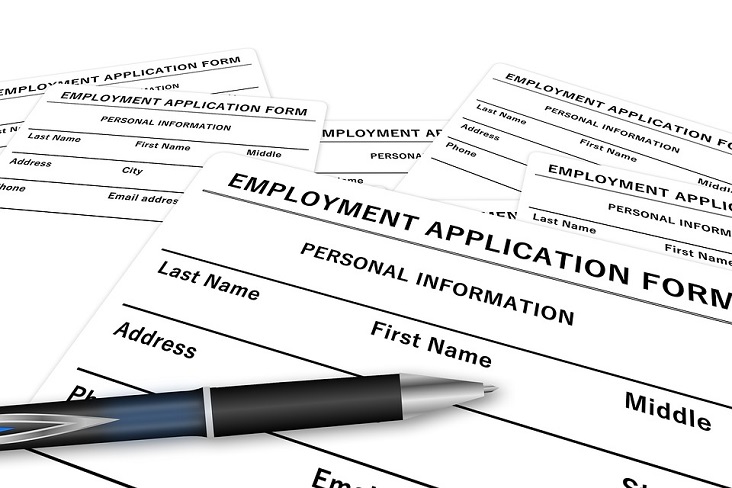If you’ve filed for bankruptcy at some point in your life, chances are you’ve dealt with more than your fair share of stress. And you, like anyone, probably want finding an apartment to be as stress-free as possible. Unfortunately, having declared bankruptcy in the past does add some extra stumbling blocks to the apartment-hunting process; a lot of landlords are likely to be wary of that negative mark on your credit history.
Fear not, though: you can rent an apartment after declaring bankruptcy. The hard part will be the application process.

Here are some factors that will help determine whether you will get approved for a lease:
Before and After Bankruptcy
First things first: you’ll want to be upfront with any potential landlords. Most of them will run your credit history during the application process, so chances are they will find out that you’ve filed for bankruptcy one way or another. The good news is, an honest conversation about the circumstances leading up to you filing and what you’ve done to improve things since then is likely to be much more appreciated than them finding all this out during a routine credit check. Be sure to tell them what happened to cause your bankruptcy and what steps you are taking to rebuild your credit. If nothing else, they’ll appreciate your frankness.
Which Landlords You’re Working With
Different landlords have different policies, so you may have more an easier time with one company or individual than with another. With some searching and a bit of luck, you might be able to find one in your area with a ‘no credit check’ policy. If not, see if you can find an independent landlord to rent from rather than a company —this way, they’re likely to be a bit more flexible and sympathetic to personal history. You may also have some luck renting near a college or university campus, because landlords there will likely be accustomed to renting to students with little or no credit history, so they might have a little more wiggle room in their policies.
Current Employment Status and Income
At the end of the day, what your landlord cares about is that you can pay the rent on time each month. If you’re able to prove you can do that, then they’re a lot less likely to be dissuaded from giving you a lease based on a past declaration of bankruptcy. If possible, you might want to provide them with paystubs or bank statements that show you have a consistent enough income to keep up with your bills. Not to mention, if declaring bankruptcy released you from debt, then you now have more disposable income, which your potential landlord may take into account. It may also make them feel more comfortable if you fork over a larger deposit or a few months’ rent in advance —which can be annoying for you to have to pay but, in a pinch, will show them that you’re good for future payments.

Post-Bankruptcy Credit and Rental History
If your credit and rental history have been good since you filed for bankruptcy, that will probably hold some sway with property owners. Things like recent evictions, lawsuits, and late payments will damage your chances of signing a lease if you have them on your record. If you don’t, however, you can count that as a good sign. If a landlord can look through your more recent history and see that you are generally trustworthy, they will feel a lot less anxious about renting to you.
[tweetthis]Searching for a #rental after #bankruptcy? Here’s what you should know. #chapter7 #chapter13[/tweetthis]
People Who Will Vouch For You
Most landlords will take references into account, whether they’re from employers, previous landlords and roommates, or even personal references in some cases. If you have people like this that you’re in good standing with, we recommend reaching out to them and asking if you can give their contact information to landlords you’re hoping to rent from. You may even want to put together a packet of your references and how to contact them, so that you can give it to prospective landlords right off the bat, when you explain to them what the situation is. Seeing that you have taken this step and that other people trust you enough to vouch for you will help them feel less reluctant to approve your rental application. If all else fails, consider asking someone with good credit to co-sign with you, so that the responsibility of your rent payments can fall partially on them (at least on paper).
Declaring bankruptcy is an unfortunate situation and it certainly doesn’t make apartment-hunting any easier. Even so, it is by no means impossible. With these five factors, you can be better prepared for the application process. After you have luck with the apartment renting process, read this important advice before signing the lease!

